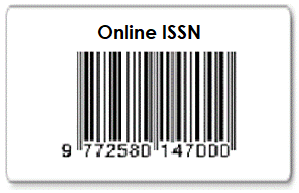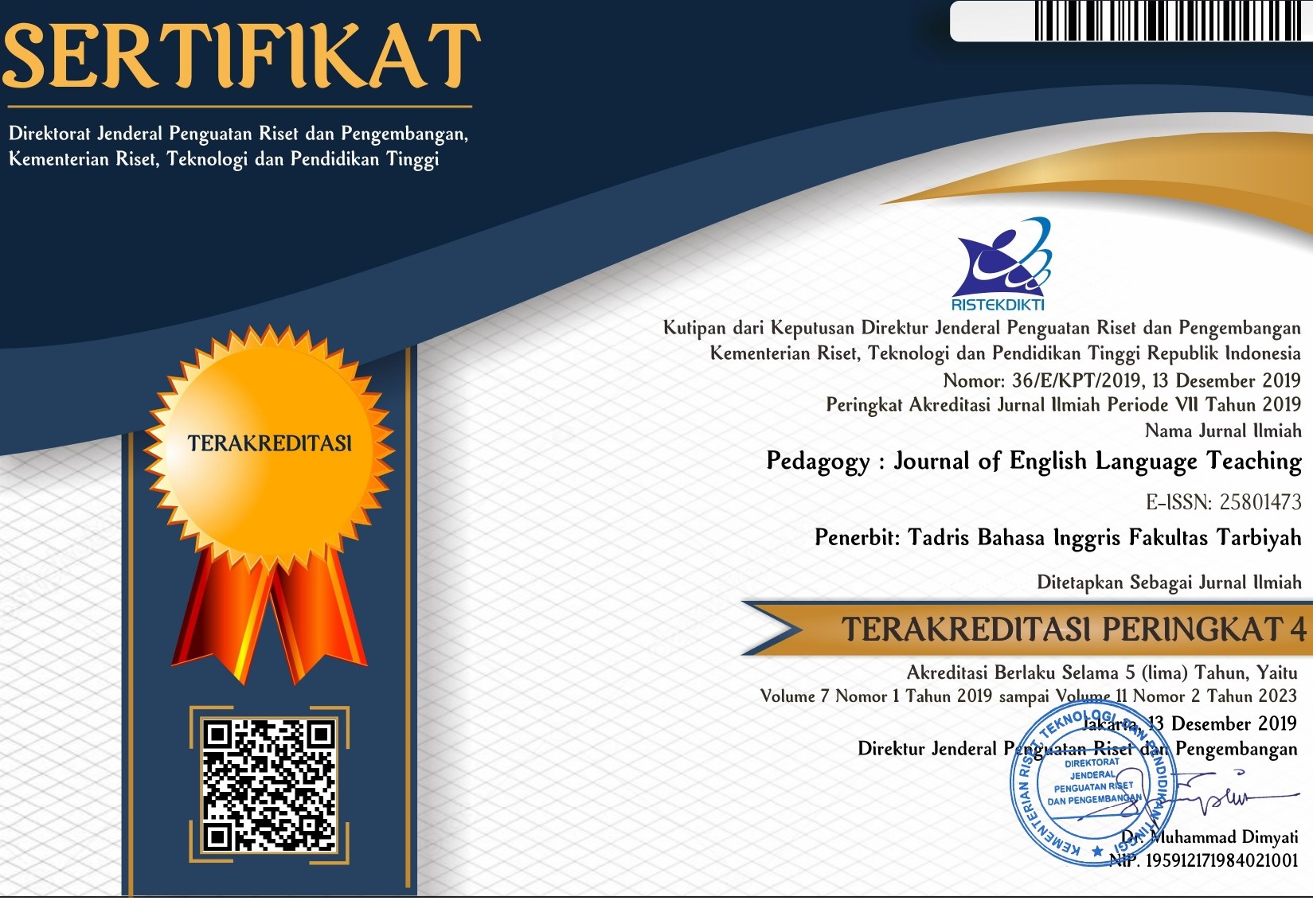Technology-Based Reading Application on Improving Reading Literacy Level Among Struggling Readers in a Public Elementary School in the Philippines
DOI:
https://doi.org/10.32332/joelt.v12i1.7757Keywords:
literacy level, reading application, struggling readers, technology-basedAbstract
Reading literacy is a fundamental skill essential for academic success and lifelong learning. However, some students in elementary schools face challenges in developing proficient reading skills, leading to academic setbacks. Technology offers innovative solutions to address these challenges and facilitate reading literacy levels among struggling readers. This study assessed the effects of a technology-based reading application READTECH 1.0 on improving the reading literacy level of Struggling Readers in a public elementary school in the Philippines. READTECH 1.0 follows the Analyze, Design, Develop, Implementation, Evaluation (ADDIE) Model in creating learning content. The respondents of this study were 26 Grade Six Struggling Readers. Quantitative methods were used in collecting the data such as conducting pre-and post-reading test assessments. Descriptive Statistics were used to analyze the data and the questionnaires using the five-point Likert Scale. Findings revealed that the implementation of READTECH 1.0 leads to an improvement in the reading literacy level of the Struggling Readers. The integration of technology into education, particularly in the realm of reading, has shown promise in engaging and assisting struggling readers.
















